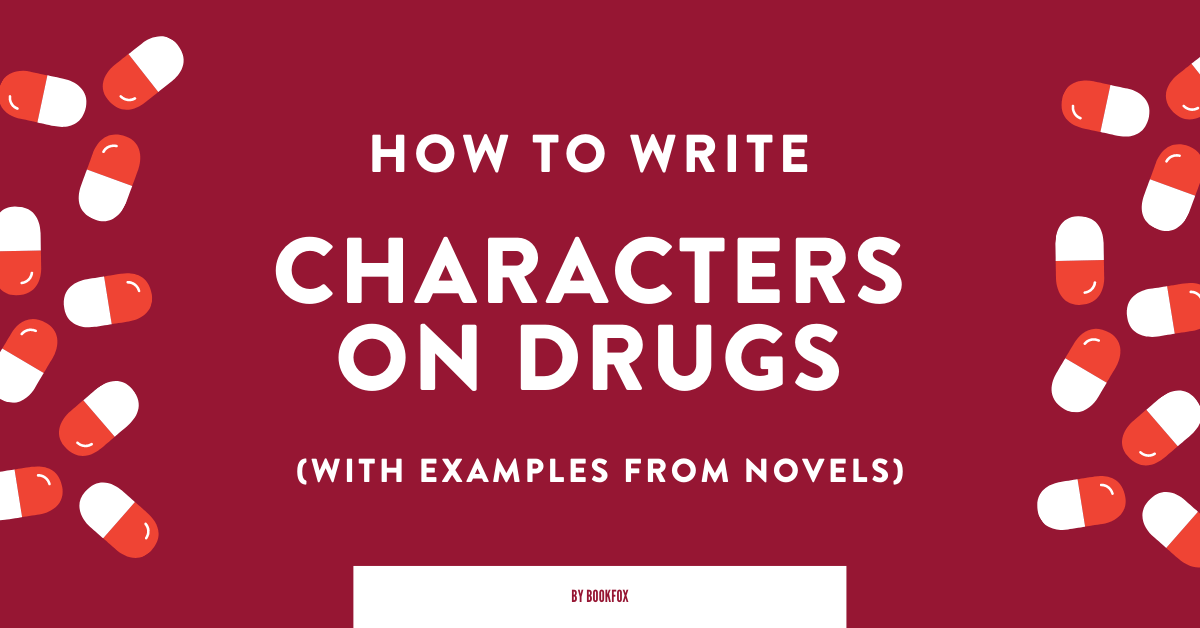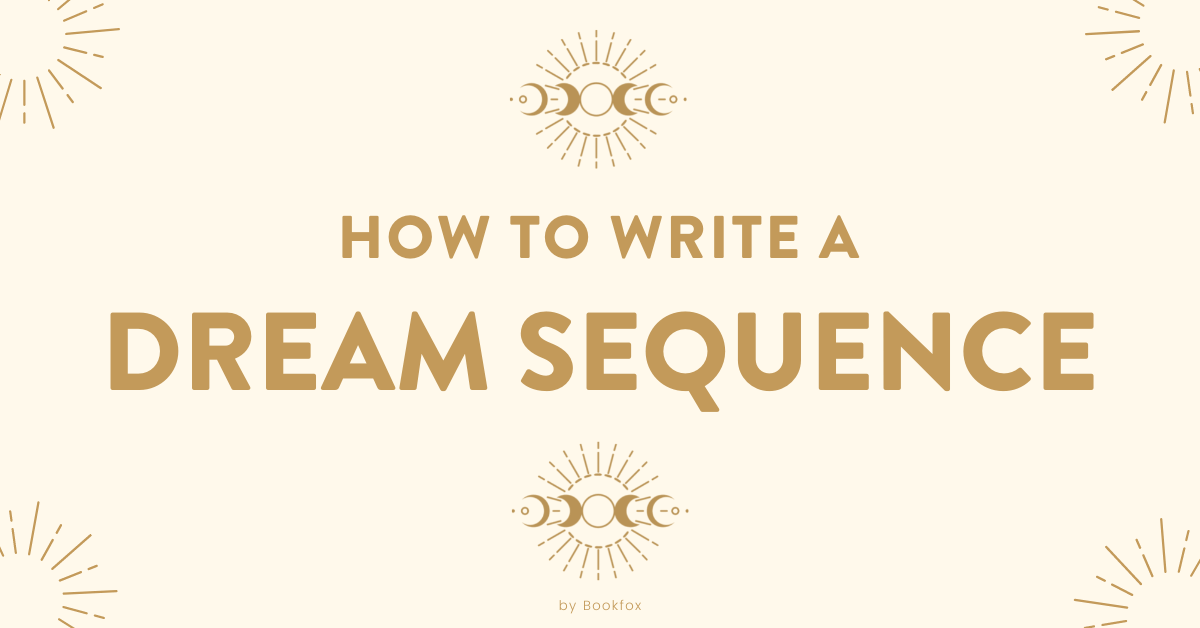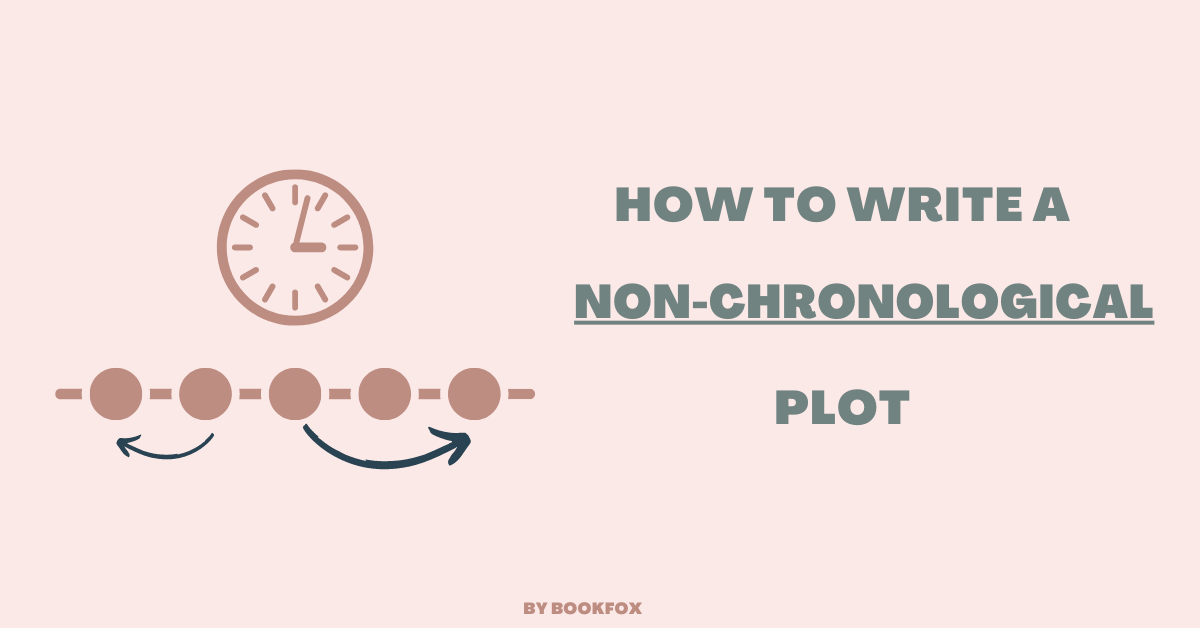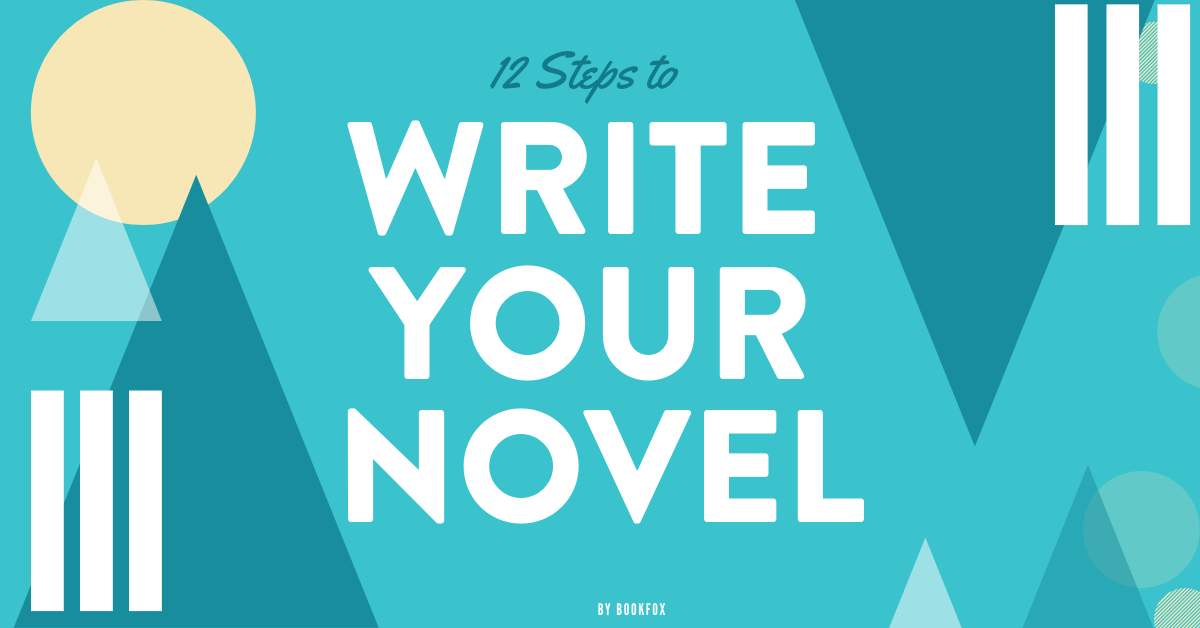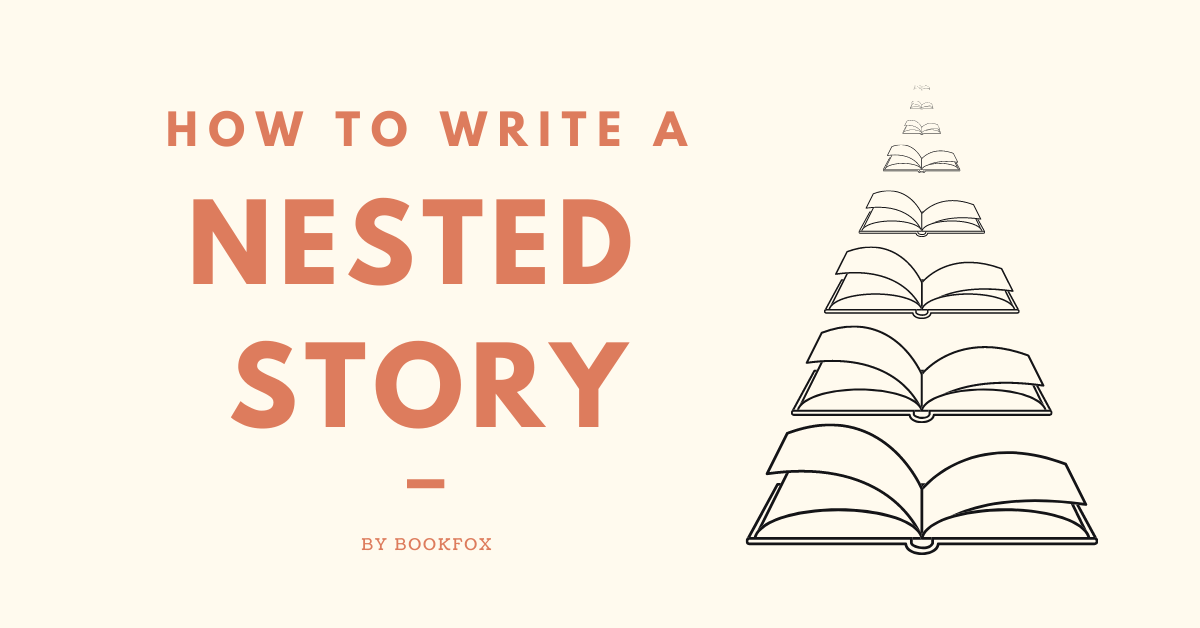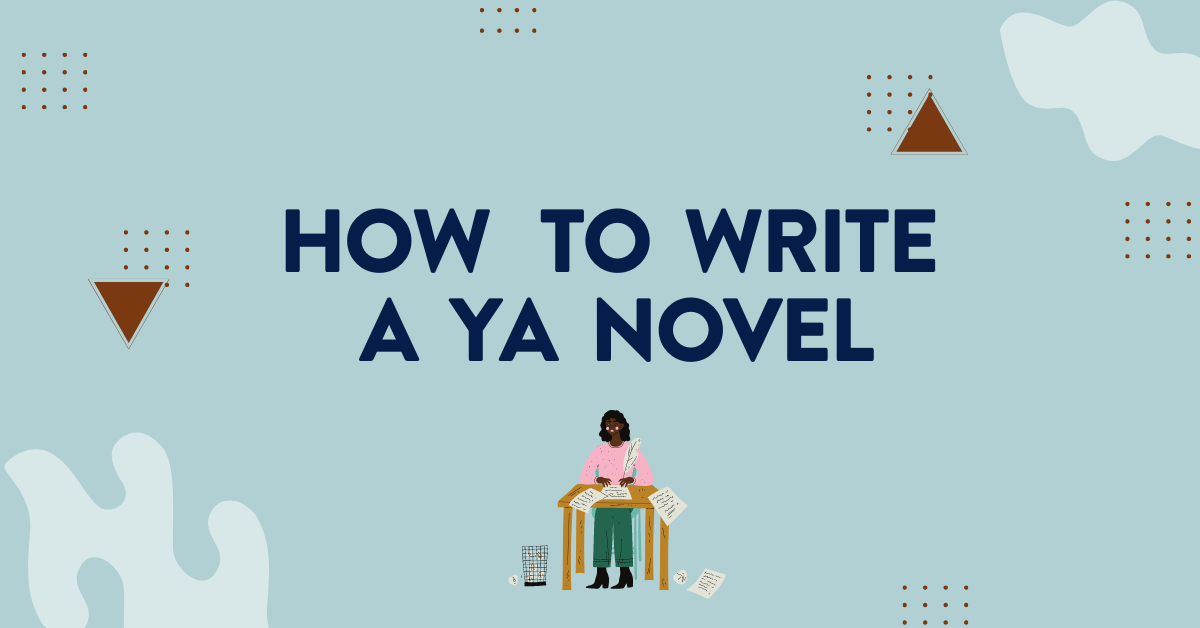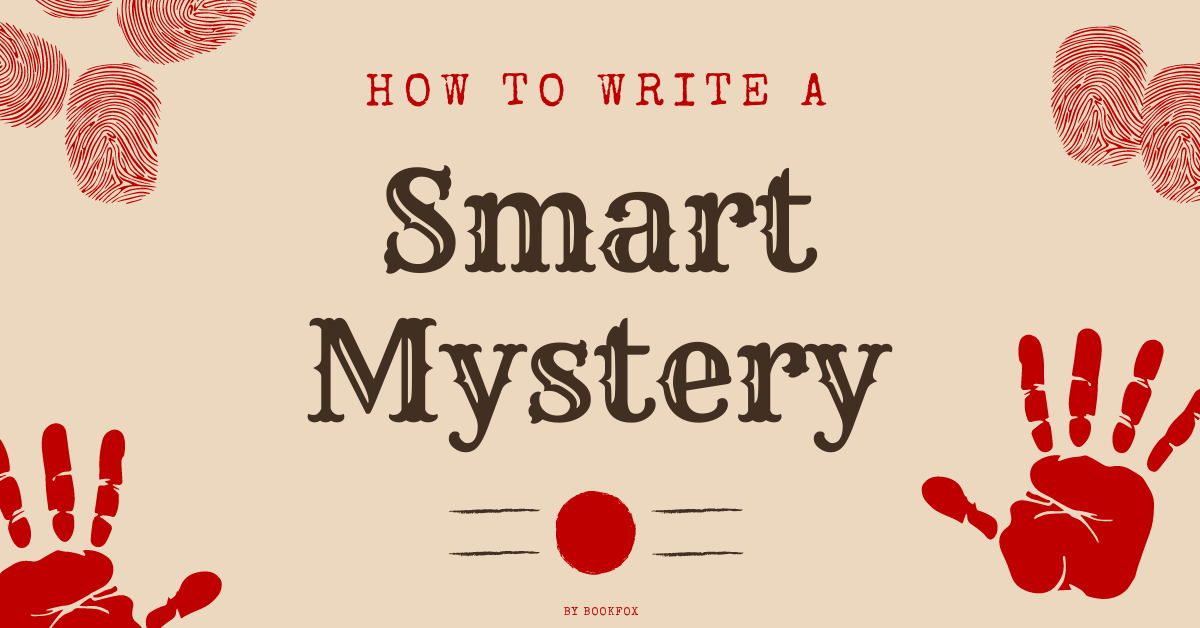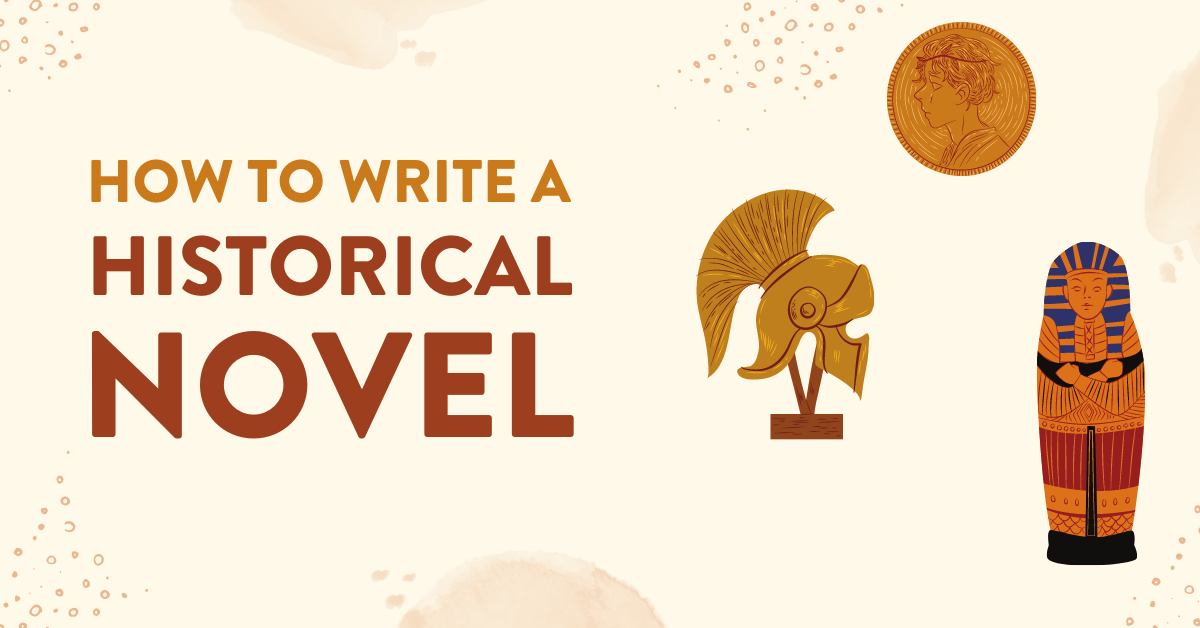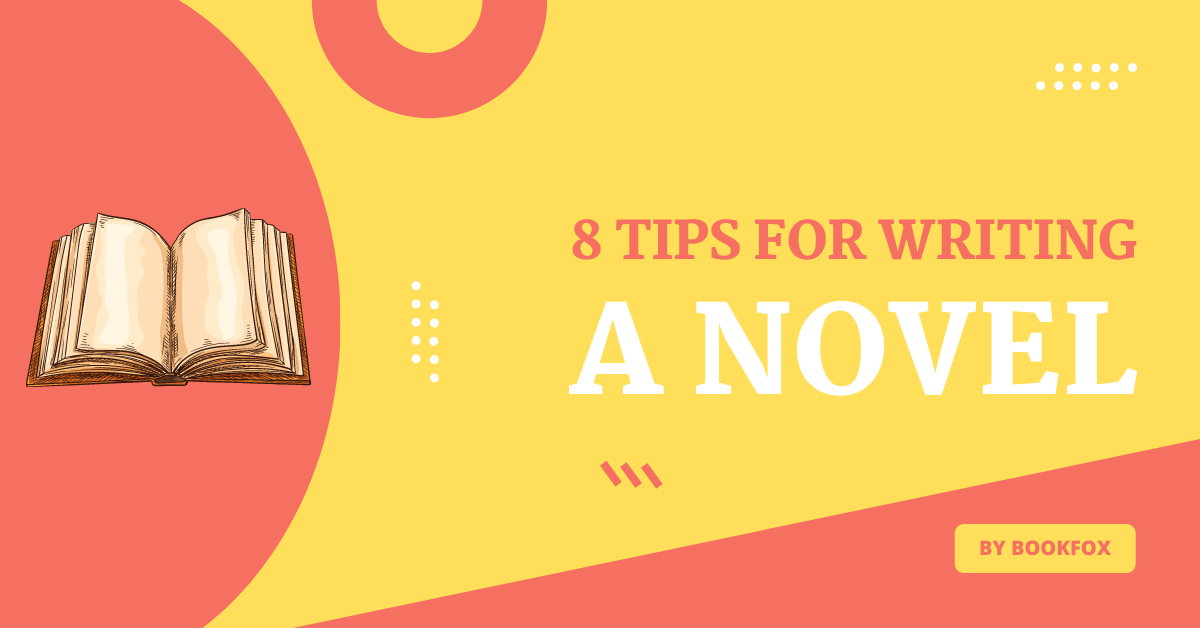When one of your characters is on drugs, you want to accurately portray the thoughts, actions, and speech of what someone would say on such a drug. But some of you might not want to take Ecstasy or Cocaine or Toad Venom in the course of your casual “writing research.” This post will rescue you! […]
The Blog
- All posts
- All Popular Posts
- Characters
- Children's Books
- Dialogue
- Editing
- Endings
- Literary Agents
- Marketing
- Novels
- Plot
- Point of View
- Publishers
- Short Stories
- Writing Techniques
- Writing Wisdom
- How to Write Characters on Drugs (33 Examples from Novels)

- 8 Ways to Write a Dream Sequence

It’s easy to hate dream sequences in a novel. I mean, how many bad dreams sequences have you read? I’ve read a ton, and that’s why for so long I was resistant to teach other writers how to use dreams, and refused to use them in my fiction. But after continuing to see dreams in […]
- How to Write a Non-Chronological Plot

Stories are chronological. One event happens after another. However, this does not mean that stories have to be told chronologically. Engaging novels often contain scenes which are presented in a different order than they occur in time. Plots using this technique are called non-chronological or non-linear. Sometimes they are described as disjointed or fractured narratives. […]
- 12 Steps to Write a Bestselling Novel (in less than 6 months)

Hi, I’m John Fox, and as an editor I’ve helped hundreds of authors write, edit and publish their novels. If you’re planning on writing a novel, you’ve come to the right place. Let me guide you through the process. Now, you’re probably intimidated to write a novel. You should be. At least a little. They’re […]
- 7 Ways to Write a Story Within a Story (Nested Stories)

A key part of writing a novel is figuring out the structure of your story. However, this structure might actually only be one layer of your novel. Complex plots often contain multiple layers of story. A shorter story contained inside a longer story or novel is called a story-within-a-story, an embedded story, or a nested […]
- 5 Steps to Write a Young Adult Novel

Young Adult novels, or YA, has been spiking in popularity. According to Publisher’s Weekly, sales of Young Adult novels rose by 18.6% between 2020 and 2021 despite the pandemic. In addition to being an incredibly fun and innovative genre to write in, YA books can be easier to publish. Once published, they can be more […]
- 7 Steps to Writing a Smart Mystery

Mystery fiction is a plot-driven genre. Because of this, both plot and character must be handled differently in mysteries than in literary fiction. This does not mean that character—or any other element of fiction—can be neglected in a mystery story. Nor does it mean that a formulaic plot is enough to “drive” a mystery story. […]
- 7 Steps to Write Engaging Historical Fiction

While science fiction is often set in the future, historical fiction is set in the distant past. Just like sci-fi, historical fiction authors must develop genre-specific techniques to create stories set in a different time period. In this post you’ll learn how to research historical fiction, create believable characters, create authentic settings, and avoid common […]
- 8 Tips for Writing a Novel

Guest Post by Jody J. Sperling If you’re given to quitting, writing novels isn’t for you. If you’re happier writing than reading, don’t bother writing. But if you’ve bolted your heels to concrete blocks, and if you view failure as a bridge over the black abyss, and if you’d rather be reading than climbing mountains […]
